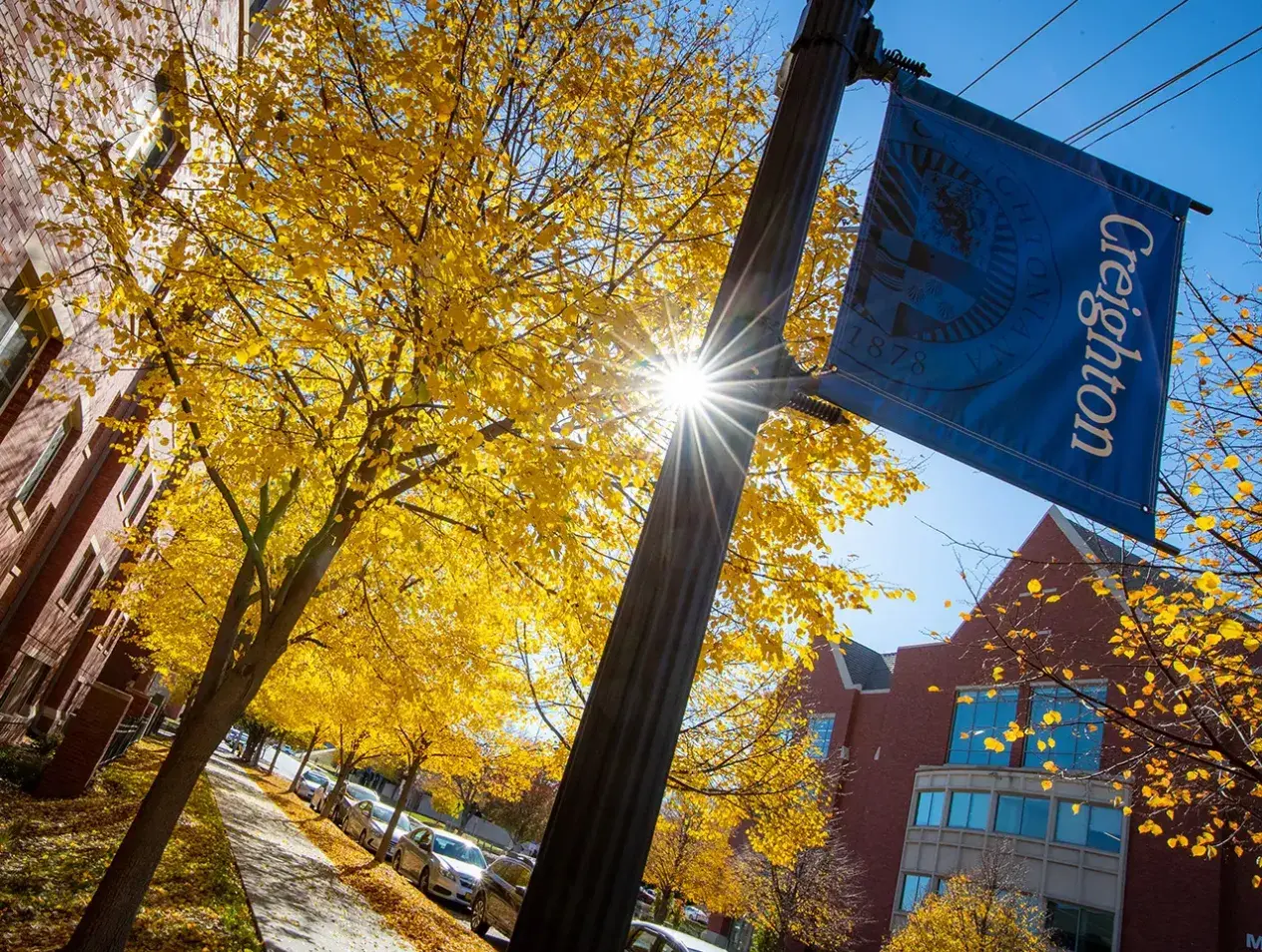
Phi Beta Kappa
Honoring a Love of Learning
Phi Beta Kappa (ΦΒΚ) is the oldest academic honor society for the liberal arts and sciences in the United States. In addition to sponsoring activities to advance studies in the humanities, social sciences and natural sciences—at the collegiate level and in society at large—it recognizes upperclassmen (usually seniors) for their academic achievements. The society’s national office sponsors various awards, fellowships, lectureships and scholarships, while each chapter sponsors a visiting scholar every year.
A Brief History of the Society
In 1776, Phi Beta Kappa was founded by five students at the College of William and Mary in Williamsburg, Virginia. John Heath, the first president of Phi Beta Kappa, was determined to develop a serious-minded student society devoted to the pursuit of liberal education and intellectual fellowship. The organization was created to be a secret society, so that its founders would have freedom to discuss any topic they chose; freedom of inquiry has been a hallmark of Phi Beta Kappa ever since.
Phi Beta Kappa was the first college society to bear a Greek-letter name, and the Greek initials for the society’s motto, “Love of learning is the guide of life,” form the name Phi Beta Kappa. The society also introduced the essential characteristics of the Greek societies that followed it: an oath of secrecy, a badge, mottoes in Greek and Latin, a code of laws, an elaborate form of initiation, a seal and a special handshake.
After the College of William and Mary—and its founding Phi Beta Kappa chapter—closed during the Revolutionary War, additional chapters were established. The first two new chapters were added at Yale in 1780 and at Harvard in 1781. The society continued to grow and evolve in the century that followed, which resulted in removing the secrecy requirement, and admitting women and African Americans. In 1883, the number of chapters had reached 25, and the National Council of the United Chapters of Phi Beta Kappa was created.
Today, there are 293 Phi Beta Kappa chapters nationwide, nearly 50 active alumni associations, and more than 500,000 living members of the society. Students who have been inducted into Phi Beta Kappa have gone on to have notable careers and impact; the society counts several U.S. presidents and Supreme Court justices, as well as Nobel laureates, among its members.
Our executive committee
- President: Mackenzie Taylor, PhD
- Vice President: Margaret Doig, PhD
- Secretary: Alistair Cullum, PhD
- Treasurer: Charles Braymen, PhD
- Historian: Jeff Hause, PhD

What Are Phi Beta Kappa’s Member Benefits?
- Lifetime membership in Phi Beta Kappa; no renewal required
- A lifetime subscription to The Key Reporter, the society's publication for members
- Access to the society’s Key Connections program, which provides members with opportunities to enhance their professional growth and network at events hosted by the Phi Beta Kappa’s national office and associations across the country
- A members-only LinkedIn group, which connects nearly 50,000 active and engaged members
- Opportunities for continuing education and professional networking through Phi Beta Kappa's alumni associations and donor groups, like the Secretary's Circle and the Fellows of Phi Beta Kappa
- Discounts for a subscription to The American Scholar, which is Phi Beta Kappa’s award-winning magazine; a subscription to the Financial Times online; and admission to Colonial Williamsburg—the birthplace of Phi Beta Kappa
Eligibility
In general, students are elected to membership in Phi Beta Kappa based on broad cultural interests, scholarly achievement and good character. Specific eligibility requirements are listed below but meeting them does not guarantee a student will be elected for Phi Beta Kappa membership. Each year, the Committee for Members in Course will meet to select the top students from among those who are eligible. Special consideration may be given to students with exceptional breadth in the liberal arts and across the major, as well as to students with extra mathematics or foreign language courses.
To be eligible for election as a senior:
- The student must have passed a 201-level or higher foreign language class (or passed an equivalency exam), as well as a college-level mathematics course
- The student must have completed 75% of coursework required for graduation or 96 credit hours in liberal arts courses—with three full semesters in residence at Creighton
- The student must have at least a 3.75 GPA in all courses, a 3.75 GPA in liberal arts courses, and be ranked in the top 15% of their class
To be eligible for election as a junior:
- The student must have passed a 201-level or higher foreign language class (or passed an equivalency exam), as well as a college-level mathematics course
- The student must have completed 75% of coursework in liberal arts classes
- The student must have at least a 3.95 GPA in all courses and a 3.95 GPA in liberal arts courses
Questions? Please contact Creighton’s Phi Beta Kappa Chapter Secretary.
Contact information
Allistair Cullum, PhD
Chapter Secretary


